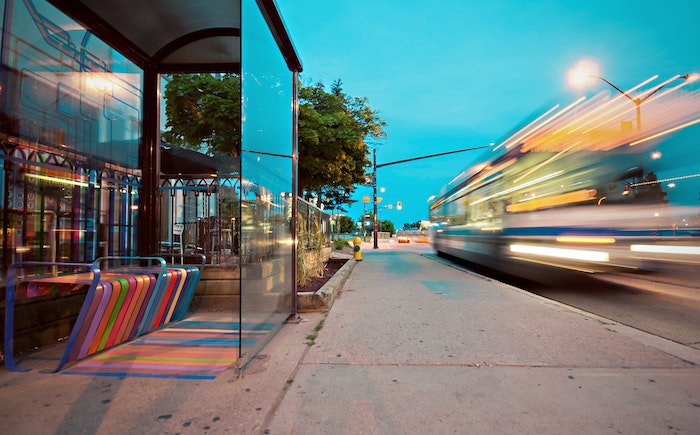
In a position paper, EMTA members renew their support for the adoption of clean and zero-emission vehicles but emphasize the need for financial support and a nuanced approach to support the public transport sector through a rapid technology transition.
The paper voices the concerns of public transport authorities (PTAs) across Europe about the proposed regulation for zero-emission buses by the European Commissions.
One key concern is finding solutions for longer metropolitan bus routes. Battery-electric conversion is not feasible due to range limitations, and hydrogen-powered buses come with cost and operational challenges. PTAs require time and resources to develop viable solutions for these routes, not least due to the need for a new charging infrastructure.
Given the adoption of remote working patterns since the COVID-19 pandemic, the financial situation of the public transport sector is fragile. Diverting resources towards technology transition at this moment would damage service levels, delay investments in new lines, increase car dependence and car use, thus have substantial social, economic, and environmental costs.
The climate impact of the regulation might be negative due to greater car use, knowing the poor climate footprint of cars, even electric, from a lifecycle perspective.
The paper calls for a technology-neutral approach, considering the life-cycle emissions of different powertrain technologies. Such an approach would recognise the benefits of using the existing biogas refuelling infrastructure.
In conclusion, EMTA calls for a regulation that addresses the concerns of PTAs and supports them towards shared European climate goals, in a technology neutral manner.
EMTA position paper
EMTA 2021 “Towards Zero Emission Public Transport”
European Commission’s proposal for CO2 targets on heavy duty vehicles
Photo: pexels